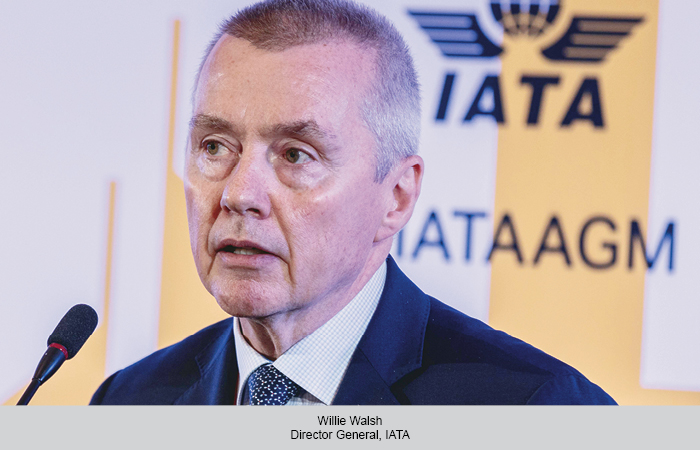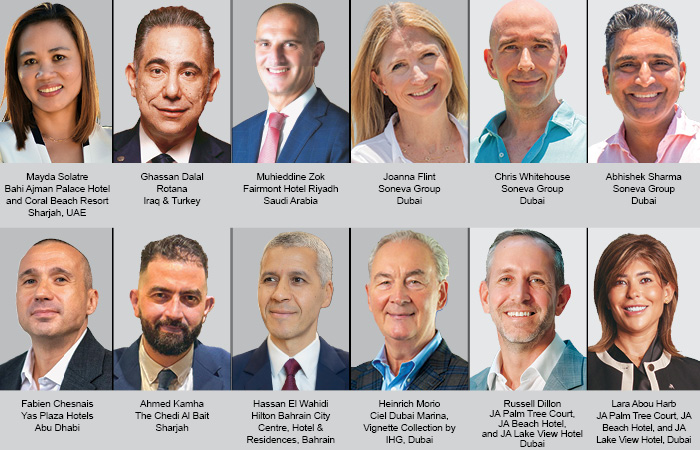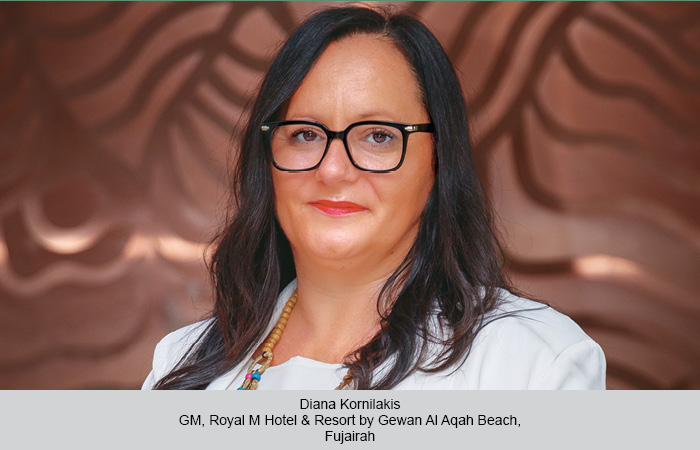The International Air Transport Association (IATA) announced that its projections for a tripling of Sustainable Aviation Fuels (SAF) production in 2024 to 1.9 billion litre over the previous year are on track. This would account for 0.53 per cent of aviation’s fuel need for the year. SAF fuel comes in with an expense which will be passed on to the consumer, hence sustainability will definitely come in with an additional price tag.
TT Bureau
Willie Walsh, Director General, IATA, said, “SAF will provide about 65 per cent of the mitigation needed for airlines to achieve net zero carbon emissions by 2050. So, the expected tripling of SAF production in 2024 from 2023 is encouraging. We still have a long way to go, but the direction of exponential increases is starting to come into focus.”
Renewable fuel production and SAF
Renewable fuel production is shared by many industries and SAF is a part of renewable fuel production. That is why increasing the production of renewable fuel is key to increasing the potential of SAF. Some 140 renewable fuel projects with the capability to produce SAF have been announced to be in production by 2030. If all of these proceed to production as announced, total renewable fuel production capacity could reach 51 million tonnes by 2030, with production capacity spread across almost all regions.
Through the International Civil Aviation Organisation (ICAO), governments set an ambition to achieve a 5 per cent CO2 emissions reduction for international aviation from SAF by 2030. To achieve that ambition, around 27 per cent of all expected renewable fuel production capacity available in 2030 would need to be SAF. Currently, SAF accounts for just 3 per cent of all renewable fuel production. “The interest in SAF is growing and there is plenty of potential. But the concrete plans that we have seen so far are far from sufficient. Governments have set clear expectations for aviation to achieve a 5 per cent CO2 emissions reduction through SAF by 2030 and to be net zero carbon emissions by 2050. They now need to implement policies to ensure that airlines can actually purchase SAF in the required quantities,” said Walsh.
Potential Policy Measures to Boost SAF Production
There are several potential solutions to accelerate aviation’s access to critical SAF quantities:
Diversify feedstocks: About 80 per cent of SAF expected to be produced over the next five years is likely to come from hydrogenated fatty acids (HEFA) – used cooking oils and animal fats. Accelerating the use of other certified pathways and feedstocks (including agricultural and forestry residues and municipal waste) will greatly expand the potential for SAF production.
Co-processing: Existing refineries can be used to co-process up to 5 per cent of approved renewable feedstocks alongside the crude oil streams. This solution can be implemented quickly and materially expand SAF production.
Incentives to improve the output mix at renewable fuel facilities: The current renewable fuel facilities are designed to maximise diesel production and often benefit from incentives in addition to the long-standing demand from road transportation. As road transport transitions to electrification, policies should be established to shift production toward the long-term need of air transport for SAF. Incentives aimed at SAF can help facilitate the renewable diesel-SAF switch, which requires minimal modifications at existing standalone renewable fuel facilities.
Incentives to boost investments in renewable fuel production: The production of all renewable fuels will need to scale up rapidly, and among them, the need for a growing share of SAF production will necessitate strong policy support. One such clearly articulated policy is the US Grand Challenge and the $3 billion of investments it supports. Stable, long-term tax credits would further maximise SAF production capability in both existing and new facilities.
Passenger support
A recent IATA survey revealed significant public support for SAF. Around 86 per cent of travellers agreed that governments should provide incentives for airlines to use SAF. In addition, the vast majority of air passengers agree (86 per cent) that leading oil corporations should prioritise the production of SAF.
 TravTalk Middle East Online Magazine
TravTalk Middle East Online Magazine





